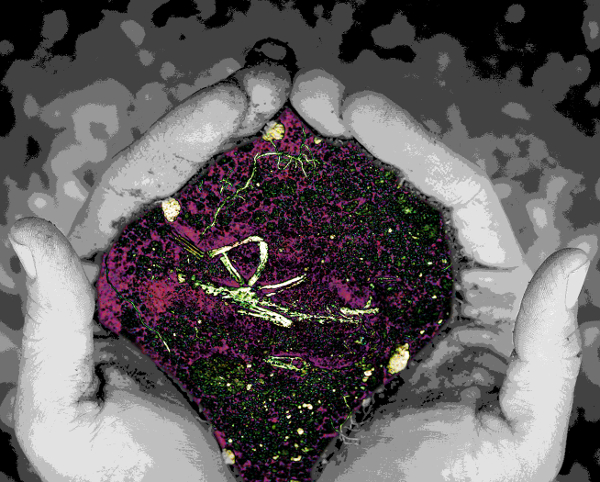Dirty study shows biome boost
 New research shows letting children play in nature can give their microbiome and immune system a boost.
New research shows letting children play in nature can give their microbiome and immune system a boost.
A study from Finland has looked at the microbiomes of children who played in formerly gravel-covered urban daycare centre yards.
When the yards were renovated with natural forest floor, sod, and vegetation, the children developed more diverse microbiomes and signs of a better-regulated immune system within one month.
The findings suggest it may be possible to improve immune systems in urban communities simply by granting young children daily access to green spaces.
Researchers performed an intervention in the yards of 4 standard Finnish daycare centres, transferring natural forest floor rich with dwarf shrubs, blueberries, crowberry, and mosses to the bare spaces.
Children spent an average of 1.5 hours per day over 28 days planting, crafting natural materials, and playing games in the renovated green spaces.
The researchers found that children in the 4 centres that received the intervention maintained a high diversity of commensal skin microbiota over the study period and developed a higher ratio of the anti-inflammatory cytokine IL-10 to the pro-inflammatory cytokine IL-17A, suggesting that playing in the forest dirt stimulated their immunoregulatory pathways.
These results agreed with findings from 3 nature-oriented daycare centres that served as a positive control.
In contrast, microbiotic diversity declined in children at 3 standard centres without the intervention, and they did not experience a similar immune boost.
The researchers also found that a high abundance of the bacteria Faecalibacterium prausnitzii was associated with decreased expression of IL-17A in healthy children, noting that previous studies reported a decreased abundance associated with immune disorders.







 Print
Print